
Pensioner Ernazar Perneev had just arrived at Nauryz Square in Kazakhstan's southern city of Shymkent on October 26 when he was confronted by a representative from the mayor's office.

Pensioner Ernazar Perneev had just arrived at Nauryz Square in Kazakhstan's southern city of Shymkent on October 26 when he was confronted by a representative from the mayor's office.
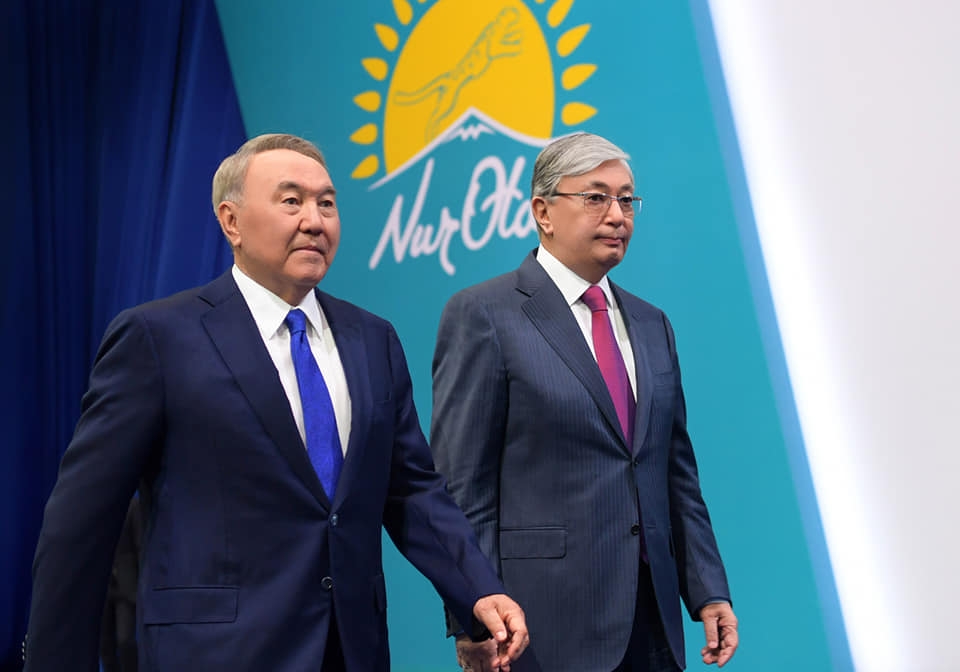
The consensus among Kazakhstan watchers is that the former president is trying to contain his successor.
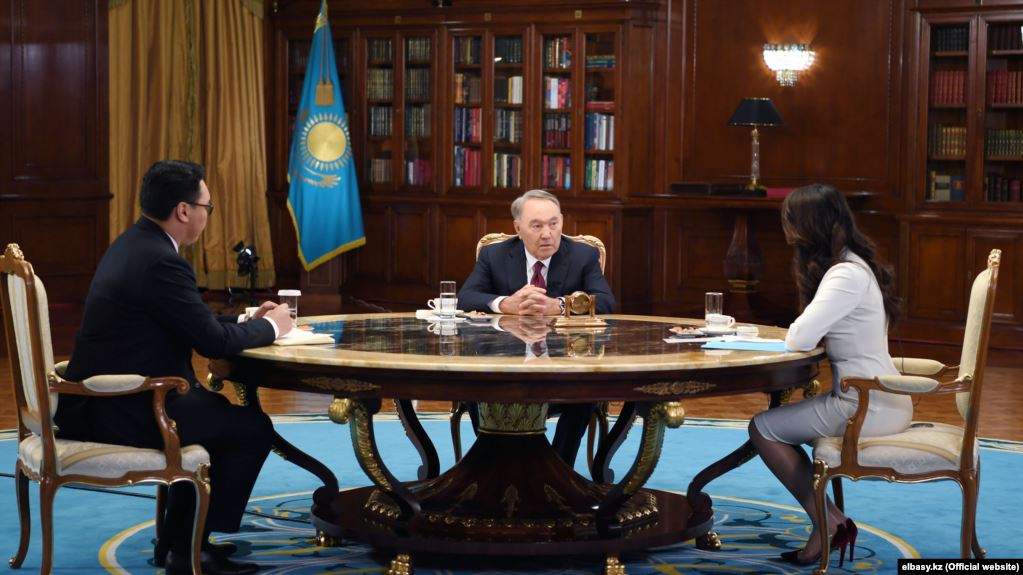
Former Kazakh President Nursultan Nazarbaev used an extended interview on state television on October 11 to downplay his continuing influence and defer to his successor, condemn "traitors" abroad for allegedly trying to stoke unrest, and generally praise his 29-year rule that ended earlier this year.
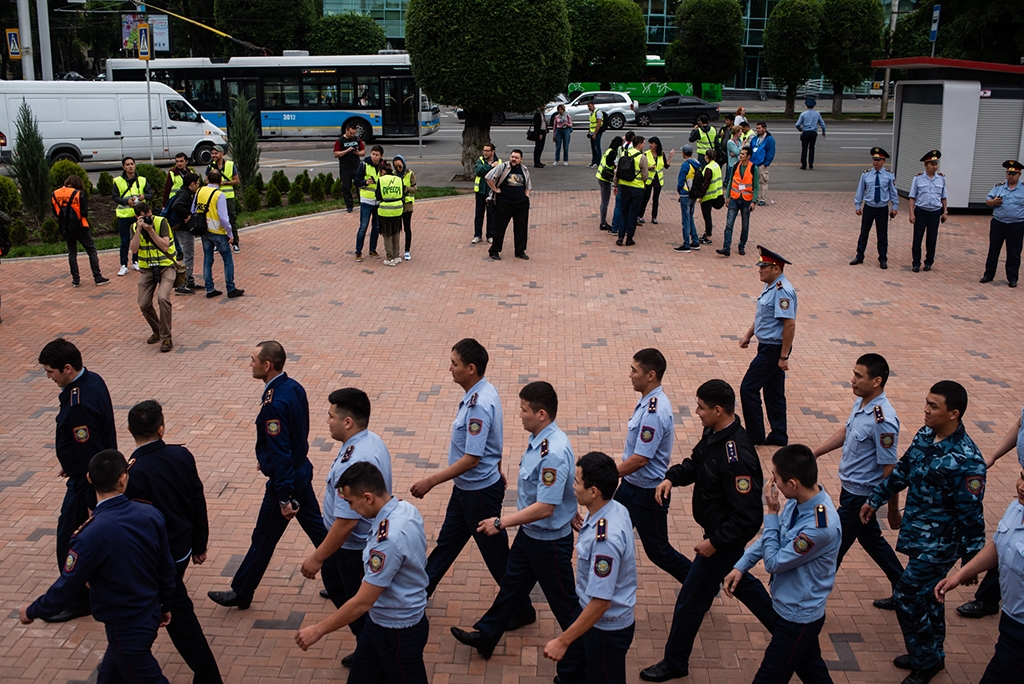
An independent polling agency in Kazakhstan has found in a nationwide survey that 43 percent of respondents view demonstrations as a force for good.
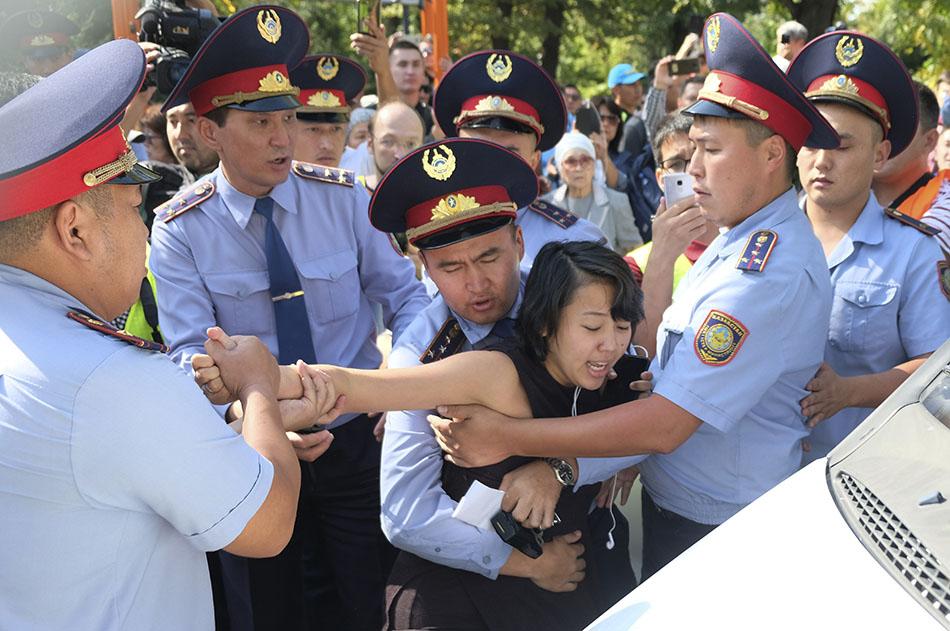
Since coming to power in June, Kazakhstan’s President Kassym-Jomart Tokaev has claimed a desire to accelerate political reforms and improve human rights in the country.
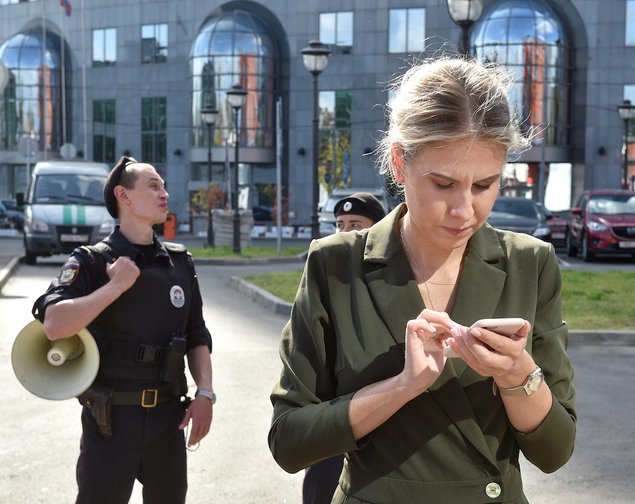
An emerging young, urban population has begun to challenge the lasting legacies of the Soviet era.
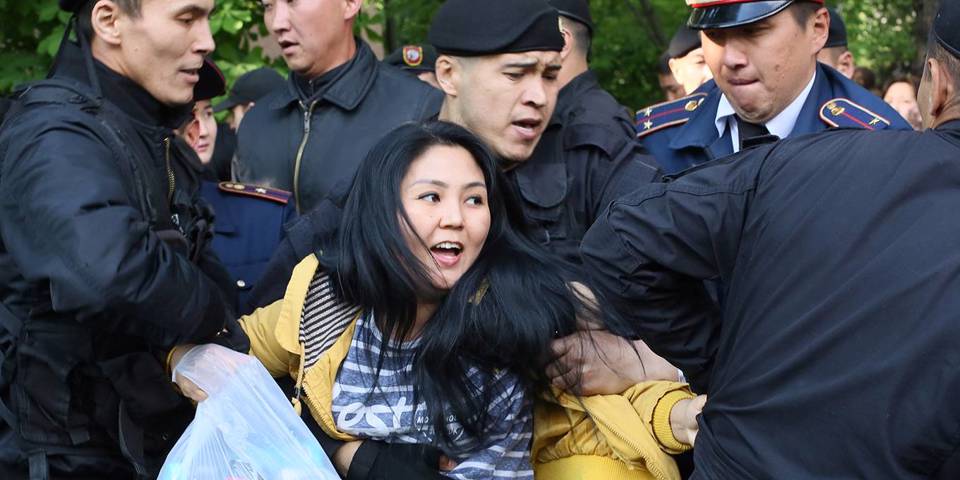
Kazakhstan’s former president, Nursultan Nazarbayev, who resigned in March after nearly 30 years in power, was a great admirer of the Singaporean leader Lee Kuan Yew.

The US capital has turned into a revolving door for those in need of reputation laundering - a rather shameful condition for the self-styled leader of the free world.
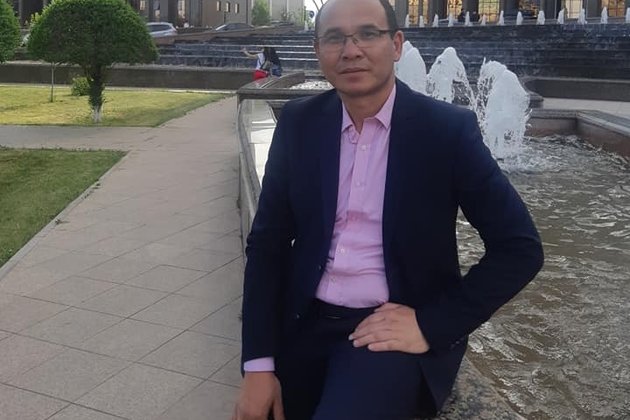
While Kazakhstan's president has talked up the need for national dialogue as a way of tamping down political tensions, individual activists say they have faced harassment and restrictions on their right to move freely.
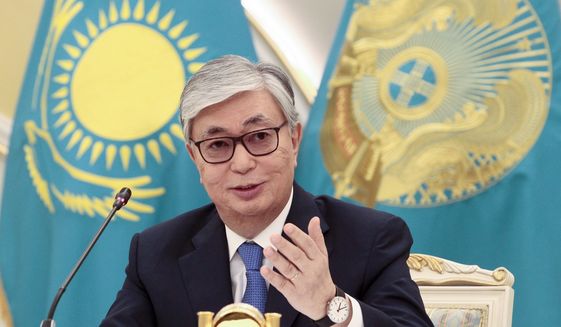
A torch has been passed from the only president Kazakhstan has had in the post-Soviet era to a hand-picked successor, putting Central Asia’s largest and most dominant country at a dramatic crossroads.


